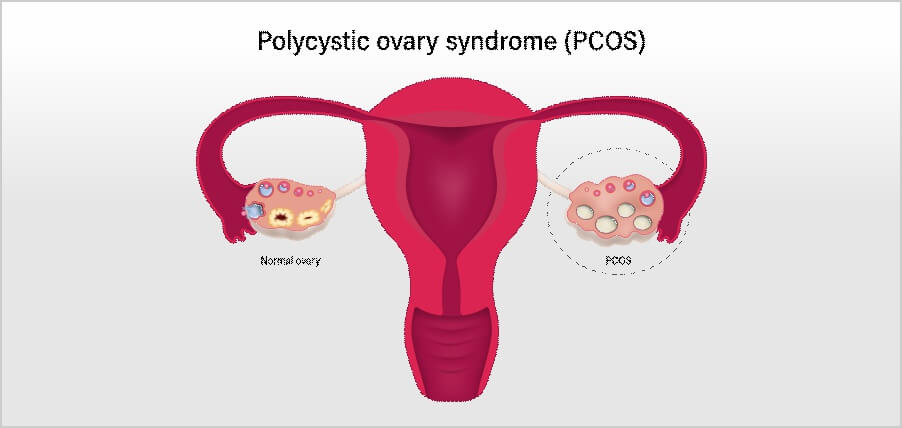Polycystic ovary syndrome (PCOS), a common health condition afflicting woman of childbearing years, continues to be marred by a lack of research and awareness, leaving millions undiagnosed and underserved. And according to the World Health Organization, up to 70% of women with PCOS remain unaware of this condition, which is also the leading cause of infertility.
Indeed, given that it’s September, patient advocates as well as medical experts are raising alarms on what they describe as a sorry lack of investment in PCOS research. It reportedly already costs the health sector about €23 billion annually in the European Union. Still, since 2020, no more researches have been supported through the funding facility under the EU.
“There isn’t much funding put into research for PCOS,” said Emelyne Heluin, vice president of the French Association for Women Diagnosed with PCOS, SOPK Europe. To that end, Jodie Relf, dietitian and representative for the British Dietetic Association, agreed that “one of the biggest gaps we have is in research.”
PCOS can lead to issues that include irregular periods, fertility, weight gain, excess body hair, and acne. Moreover, people with the condition are prone to more serious health problems like type 2 diabetes, heart disease, and endometrial cancer. However, most patients lack personal support from the healthcare providers since they receive little more than suggestions to diet or get on birth control.
Heluin was diagnosed with PCOS when she was 17 years old while Relf was diagnosed when early twenties. Both reported glaring lacuna in information and support following the diagnosis. “I got no explanation, just a prescription for the pill and advice to return if I wanted to have children,” Relf said. Such experiences have given impetus to the advocacy pushed for better information and support systems for those with the disease.
One glimmer of hope comes in the form of an EU-funded project called SPIOMET4HEALTH, under Horizon 2020, aimed at developing a daily tablet to normalize ovulation and metabolic status in PCOS women. The project is already in clinical trials on young women and adolescents across Europe.
About 40% of women with PCOS experience mental health problems, diagnosed by depression and anxiety, which are usually triggered by symptoms such as excessive hair growth, acne, and weight gain. Advocates like Heluin also stress that though changing lifestyle might help ease the symptoms, PCOS should be regarded as a chronic condition that should be well-treated and understood, and not just by mere weight loss.





